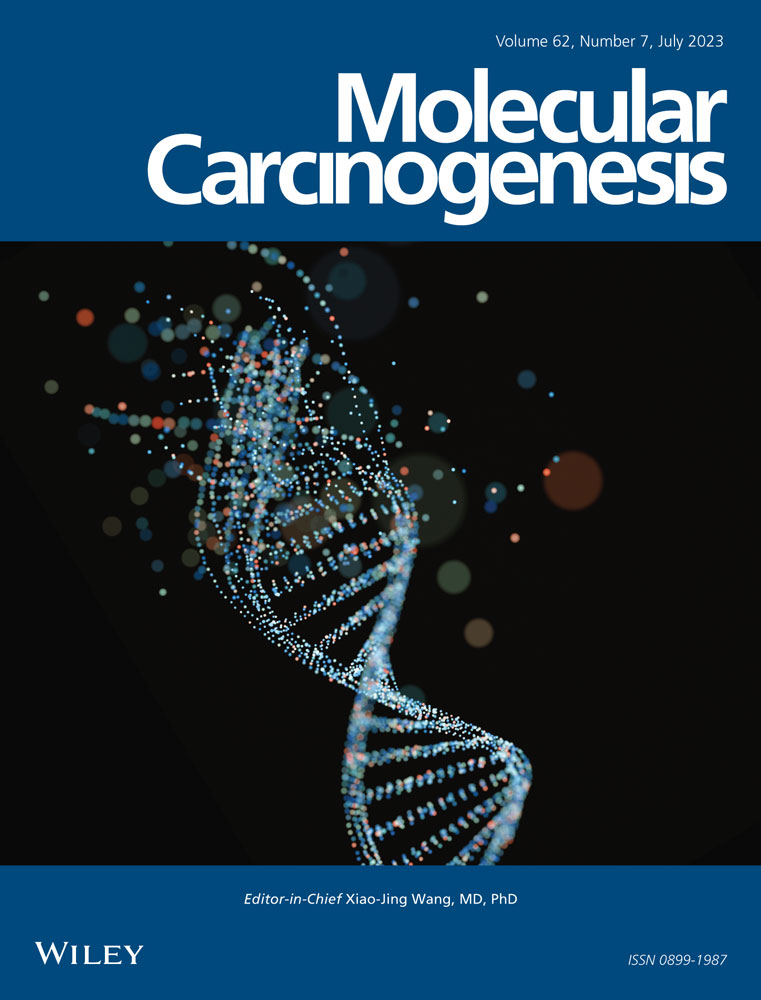Withaferin A inhibits breast cancer-induced osteoclast differentiation
Abstract
Bone is the most prone to metastatic spread of breast cancer cells for each subtype of the disease. Bone metastasis-related complications including severe pain and pathological fractures affect patients' quality of life. Current treatment options including surgery, radiation, and bone-targeted therapies (e.g., bisphosphonates) are costly or have serious adverse effects such as renal toxicity and osteonecrosis of the jaws. Therefore, a safe, inexpensive, and efficacious agent for prevention of breast cancer bone metastasis is urgently needed. Our previously published RNA sequencing analysis revealed that many genes implicated in bone remodeling and breast cancer bone metastasis were significantly downregulated by treatment with withaferin A (WA), which is a promising cancer chemopreventive agent derived from a medicinal plant (Withania somnifera). The present study investigated whether WA inhibits breast cancer induction of osteoclast differentiation. At plasma achievable doses, WA treatment inhibited osteoclast differentiation (osteoclastogenesis) induced by three different subtypes of breast cancer cells (MCF-7, SK-BR-3, and MDA-MB-231). WA and the root extract of W. somnifera were equally effective for inhibition of breast cancer induction of osteoclast differentiation. This inhibition was accompanied by suppression of interleukin (IL)-6, IL-8, and receptor activator of nuclear factor-κB ligand, which are pivotal osteoclastogenic cytokines. The expression of runt-related transcription factor 2, nuclear factor-κB, and SOX9 transcription factors, which positively regulate osteoclastogenesis, was decreased in WA-treated breast cancer cells as revealed by confocal microscopy and/or immunoblotting. Taken together, these data suggest that WA could be a promising agent for prevention of breast cancer-induced bone metastasis.
CONFLICT OF INTEREST STATEMENT
The authors declare no conflict of interest.
Open Research
DATA AVAILABILITY STATEMENT
The data that support the findings of this study are openly available in [repository name] at [URL], reference number [reference number].




